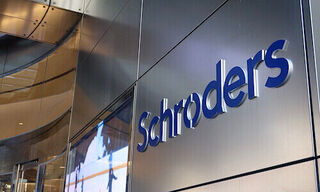Keeping A Balanced View - ABN AMRO
A market commentary from ABN AMRO Private Banking
ABN AMRO Private Banking continues to favour equities, hedge funds and commodities, according to its most-recent Investment Outlook – Keeping a balanced view.
Short-term market volatility is distracting investor attention from the value of industry leaders, while the recent correction and positive prospects in western economies advocate building exposure in sectors tied to economic growth, such as IT and health care, especially in Europe.
At a time when many are revising growth predictions for the United States, China and emerging economies downward, ABN AMRO is reaffirming its view that a cyclical uplift will occur in the last months of 2015, driven by higher final demand in the EU and the US.
The private bank believes that the low oil price is already impacting energy producers and will progressively erode future supply. Meanwhile, lower commodity prices benefit consumers while boosting corporate margins and earnings.
A slight economic acceleration coupled with central-bank vigilance will support equities and credits. Didier Duret, Chief Investment Officer of ABN AMRO Private Banking, said: “It is time to look through the smog of short-term volatility that is currently obscuring value and to accumulate industry leaders. The recoveries underway in the US and Europe and low energy prices will compensate for the momentum lost in China. Central banks will remain vigilant; and the US Federal Reserve will pursue a prudent path towards higher interest rates.”
With an overweight in equities – 43% of its model portfolio – ABN AMRO’s asset allocation is focused on the more-stable economic fundamentals versus short-term market volatility.
Since June, commodities were increased to 7%; the private bank does not interpret the considerable correction as a deflationary signal. Other adjustments include an increase in long/short equity and CTA hedge funds (11%) to mitigate cyclical risk.
These changes were financed by selling listed real estate and reducing the cash position to 14%. Bond allocation is at a minimum weight of 25%. The US dollar will regain strength when the prospect of higher US rates becomes more tangible to markets.
With regard to the Chinese yuan, the private bank sees devaluation as a logical step towards internationalisation of the currency.





















